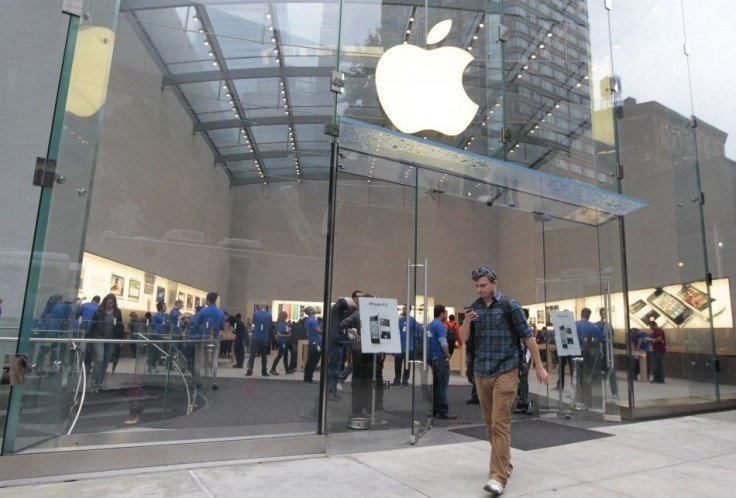E-book Price-Fixing Trial Against Apple Begins In New York On Monday

Apple (NASDAQ: AAPL) will stand trial on Monday in New York following an anti-trust lawsuit filed last year by the U.S. Department of Justice, or DOJ, for allegedly fixing prices of e-books.
In a Manhattan federal courtroom, Apple alone will stand before the District Court Judge Denise Cote of the Southern District of New York after five other defendants -- Penguin Group, HarperCollins, Simon & Schuster, Hachette and Macmillan -- reached a settlement with the DOJ over the lawsuit.
Apple has denied the charges and claims that consumers have benefited from its entry into the e-book market, providing them with better services at lower prices.
Cote, who will hear the case without a jury, said in a final pretrial conference on May 23 that the government has evidence to show that Apple knowingly participated in a conspiracy to raise e-book prices, Bloomberg reported.
Unless Apple and the Justice Department reach a last-minute settlement, both parties will offer their opening statements in court on Monday to debate whether the Cupertino-based tech giant was involved in a conspiracy with publishers to fix prices of e-books when it entered the market in 2010 with the iPad.
In the lawsuit filed in April 2012, the U.S. government claimed that the iPad-maker approached book publishers in late 2009 and early 2010 to sign agreements, which would allow Apple to sell digital copies of books under the agency model, allowing publishers to wrest control of pricing books from retailers.
A statement from the DOJ alleges that the publishers “entered into agreements to pay Apple a 30 percent commission on books sold through its iBookstore.”
Other than the agency model, there was also a “most-favored-nation” provision in Apple’s agreement, which means that “no other e-book retailer would set a lower price.”
It was the time when Amazon dominated the e-book market with customers embracing the Kindle, thanks to lucrative discounts that were often below the wholesale price.
Apple, it’s alleged by the DOJ, in an effort to weaken Amazon’s market position, began plotting with leading book publishers to force consumers to pay “millions of dollars more for some of the most popular titles.”
During the unveiling of the original iPad in 2010, then CEO Steve Jobs set pricing tiers for e-books at $12.99 and $14.99, suggesting that Amazon will not offer lower prices than Apple any more.
Jobs declared that it was him and Eddy Cue, iTunes' chief and the man handling Internet software and services at Apple, who managed to convince publishers “to switch to an ‘agency model’ and pressured Amazon and other retailers to adopt it.”
The DOJ could use as evidence Jobs’ statement that he gave to his biographer before his death:
"We told the publishers: 'We'll go to the agency model, where you set the price, and we get our 30 percent, and yes, the customer pays a little more, but that's what you want anyway'."
If the settlement between the publishers and the DOJ is approved by the court, it would “resolve the Department’s anti-trust concerns with these companies, and would require them to grant retailers such as Amazon and Barnes & Noble, the freedom to reduce the prices of their e-book titles.”
The statement goes on to say:
“The settlement also requires the companies to terminate their anti-competitive most-favored-nation agreements with Apple and other e-books retailers… the companies will be prohibited for two years from placing constraints on retailers’ ability to offer discounts to consumers. They will also be prohibited from conspiring or sharing competitively sensitive information with their competitors for five years. And each is required to implement a strong anti-trust compliance program.”
In reaction to the upcoming case, Apple’s CEO Tim Cook, in an interview on May 29 at the All Things Digital conference said:
“The e-book case to me is bizarre. We’ve done nothing wrong there and so we’re taking a very principled position on this. And so, we’re going to fight.”
© Copyright IBTimes 2024. All rights reserved.






















